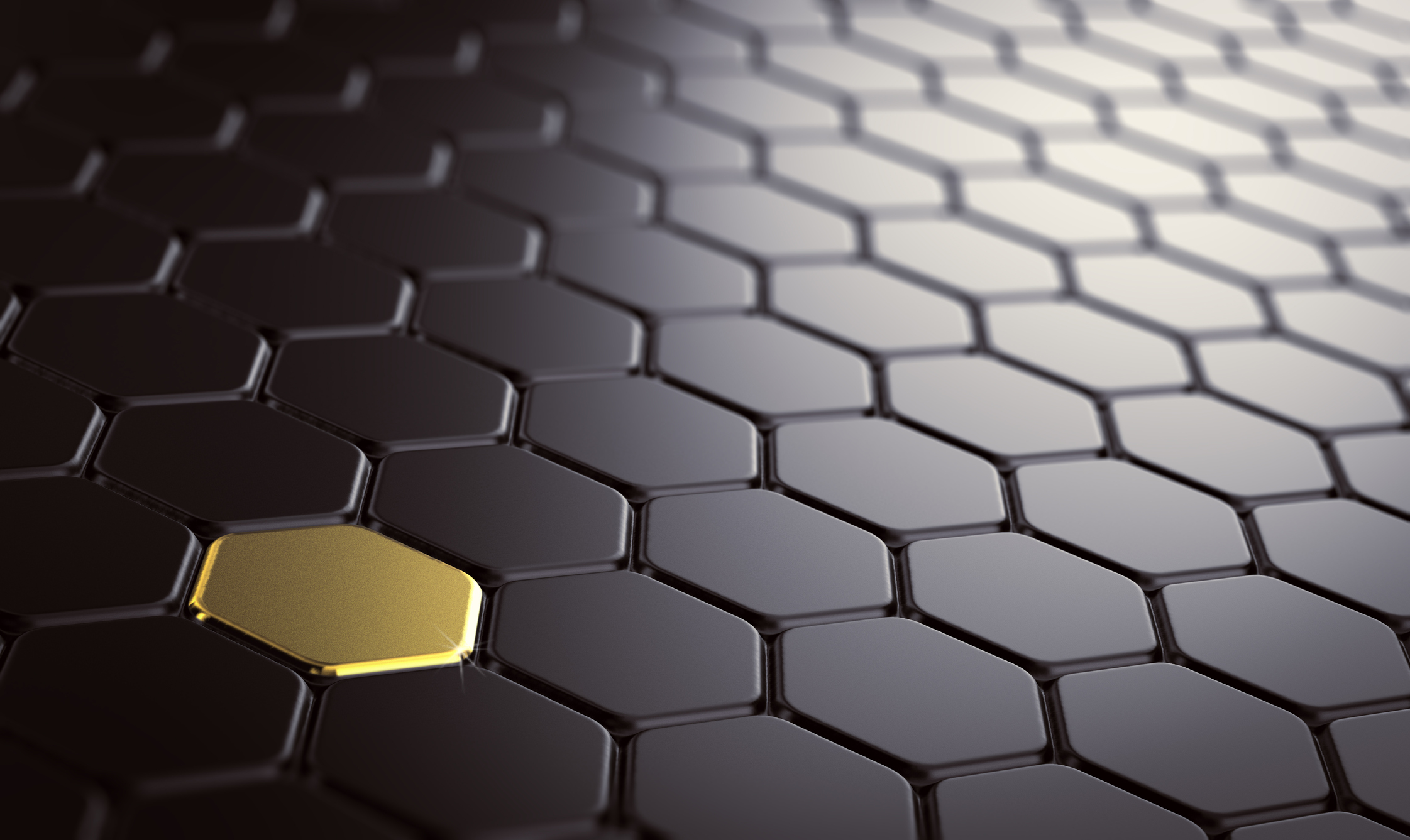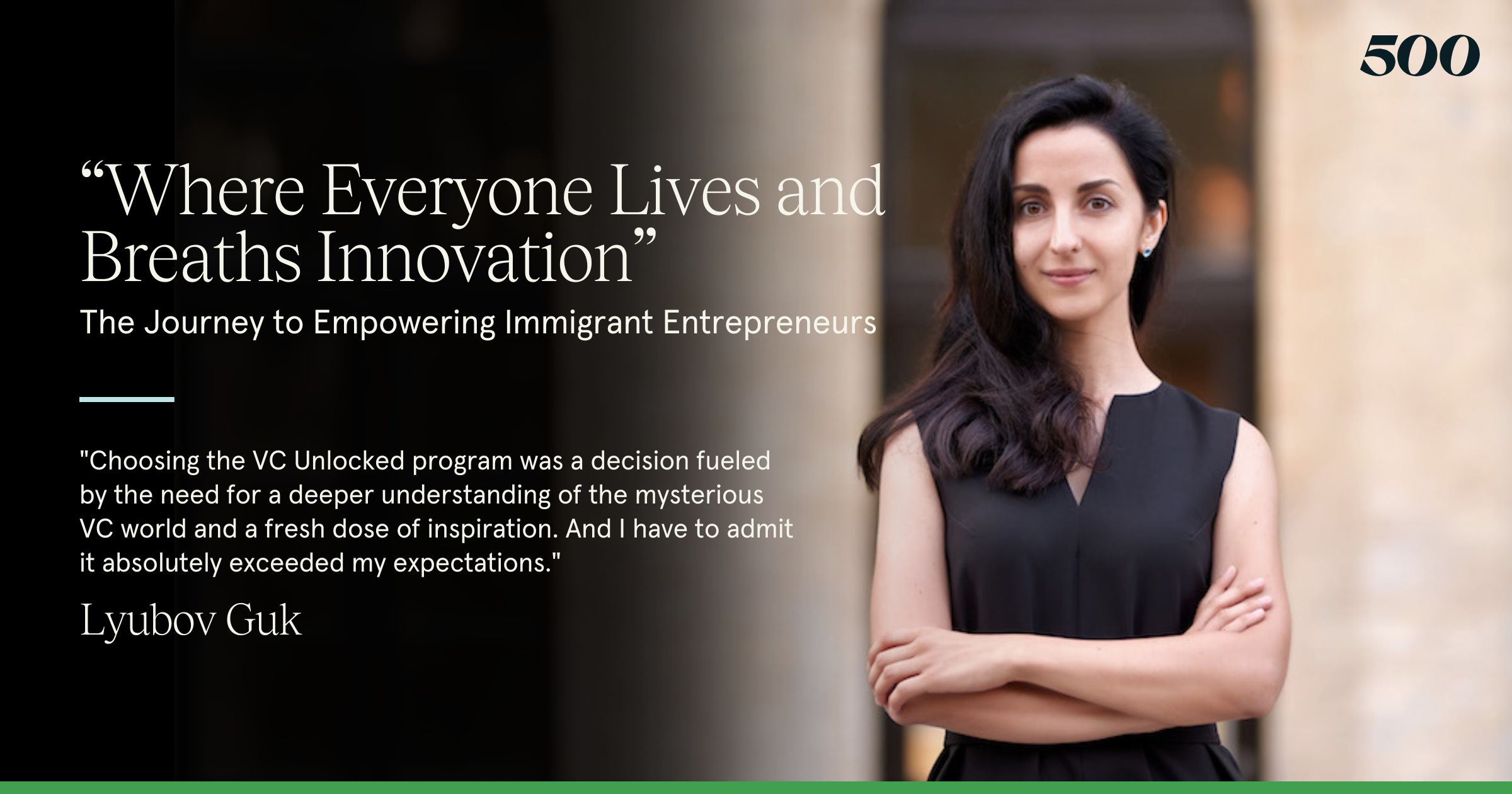Over the last few months, I have heard countless conversations with crypto startups talking about “tokenizing” one item or another, from pets to food products. I heard 20 really good ideas, and 100 bad ones.
I keep talking about the idea that just because you can do something, does not mean it is a good idea to do it. So I thought I would put together some thoughts on what makes for a good token project, specifically one where non-fungible assets are involved.
In theory, any physical objects could be “tokenized” or represented by a token. The challenge is finding the right place to use a token in order to create real value.
Not every unique object should be a token
When it comes to NFT (Non Fungible Token) adoption, there are some clear winners: Houses, cars, art—even you— can be considered unique, high-value tokens.
These types of unique goods would benefit the most from NFT, enabling them to be tracked more easily, transacted against, and sold, and removing the need for a validating entity such as the government to be involved with transactions.
On the other hand, most consumer products and common short-lived goods are particularly unsuitable for NFTs. For example, I really don’t want to track a commodity item like my bottle of Diet Coke or an iPhone charger with a unique token.
What makes a good NFT?
Cryptocurrencies like Bitcoin and Ethereum have a characteristic called “fungibility,” which means every bitcoin is the same as every other bitcoin in value, can be swapped, and no one cares which one you are giving them.
NFT means that the token is unique and each one represents something unique. For example your dog might be represented by a NFT, because your Golden Retriever can’t just be exchanged for any other dog, A token that represents your dog uniquely ties your dog to this digital representation.
Each NFT shares five common characteristics:
- Unique, valued quality (i.e. your dog, not just a dog)
- Transactions are based on ownership of the token (taxes, etc.),
- Required providence (verify validity of the item)
- Change of ownership (it can be transferred, and does get transfered)
- Enhanced by decentralization (value in no single entity controlling the information)
How ERC-721 is making NFT implementation easier
Right now, we rely on the government or large entities to validate that things are “owned” by us, from deeds for cars and houses to driver’s licenses, passports and even the physical papers on shipping containers being delivered from overseas.
That means there are large databases, libraries filled with several key pieces of data, and only a stamp or signature determining who owns what, and who is the buyer. This, in turn, enables the money flow for payments of various kinds from rentals to taxes and insurance.
However, creating and maintaining all of this is an expensive, obtuse, and difficult process—making for a lot of inefficiencies that outright block new innovations. This same problem exists for our own identities, where we rely on the government to validate our identity to ensure that banking transactions get to and from us correctly.
That’s where crypto and blockchain come in.
Blockchain technologies are changing this system by migrating the “source of validation” from governments and companies to, well, all of us.
Our team at 500 Startups is particularly excited about the new ERC-721 standard, which enables just that. The great thing about using ERC-721 is that it makes implementing NFT significantly easier.
With an NFT in place, unique objects like houses and cars that you own are now easily verified as yours, and all the characteristics of these assets are known (in other words, its providence.) We can also validate “you” in the same way, since you could also be a unique token.
This is a whole new ability for blockchain: to not only enable fungible assets like Bitcoin to transact, but also unique items as well.
Moving the “validating source” from government and companies to a decentralized system is a huge shift. It removes the need for centralized sources to manage the ownership of your items.
Imagine if there was a clear way of showing you owned a house, or that a car was yours, without relying on centralized sources. Think of the paperwork you could avoid! Just think of all the new things you could do when you are no longer required to involve an arm of the government.
What bitcoin does to national currencies, NFT tokens can do to deeds and related documents. It’s a long road and there will be a lot of resistance by the old players (governments in particular, I imagine), but I think it is an important shift for society to migrate away from our enormous reliance on government entities to establish ownership (usage) and the resulting money flow (rent, tax payments, bridge fees, etc.). This is what I want to drive forward.
Scaling NFT projects in the future
To make NFT work, a few smaller projects that will lay the groundwork for the big ones. Cryptokitties, for example, is a great initial step. These small projects serve to test the waters and build a system that allows for bigger NFT projects to succeed down the road.
Here are the types of projects I think will win out in the long term:
Physical things you need to make/receive micropayments
What if you could charge people for parking in your driveway effortlessly? They just park, and it bills them for how long they stay. Now block out what times you need the driveway and poof, an extra source of income.
Things with a large providence requirement
Today we rely on a lot of government databases to tell us who owns what, from cars to houses. Although this works, it can be very problematic and requires a lot of overhead—especially when you go to buy, sell or rent. Land disputes are extremely costly, slow, and fraught with fraud. A reasonable blockchain implementation avoids most of these issues by making it public with unchangeable providence built in, allowing for fast and easy transactions such as sales or rentals.
NFT projects have a huge potential to move things forward and help economies grow independent of governments, across borders, at low costs, quickly, and with low fraud. It is a shift, but ERC-721 makes the shift a lot easier to take the first step.
Got something you want to talk to us about here at 500 Startups? We have a summer program and are happy to work with folks working in this space. Feel free to contact me by email at Rob@500.co or on Telegram @NoOneofSignificance




